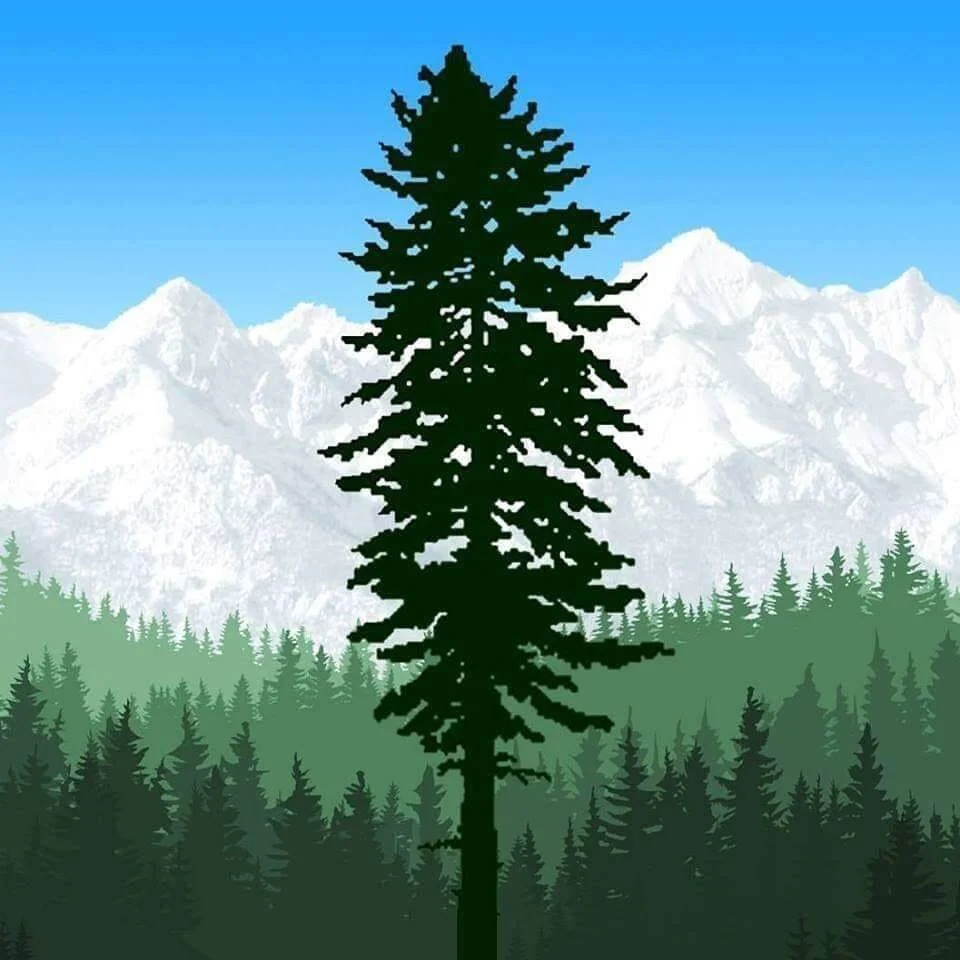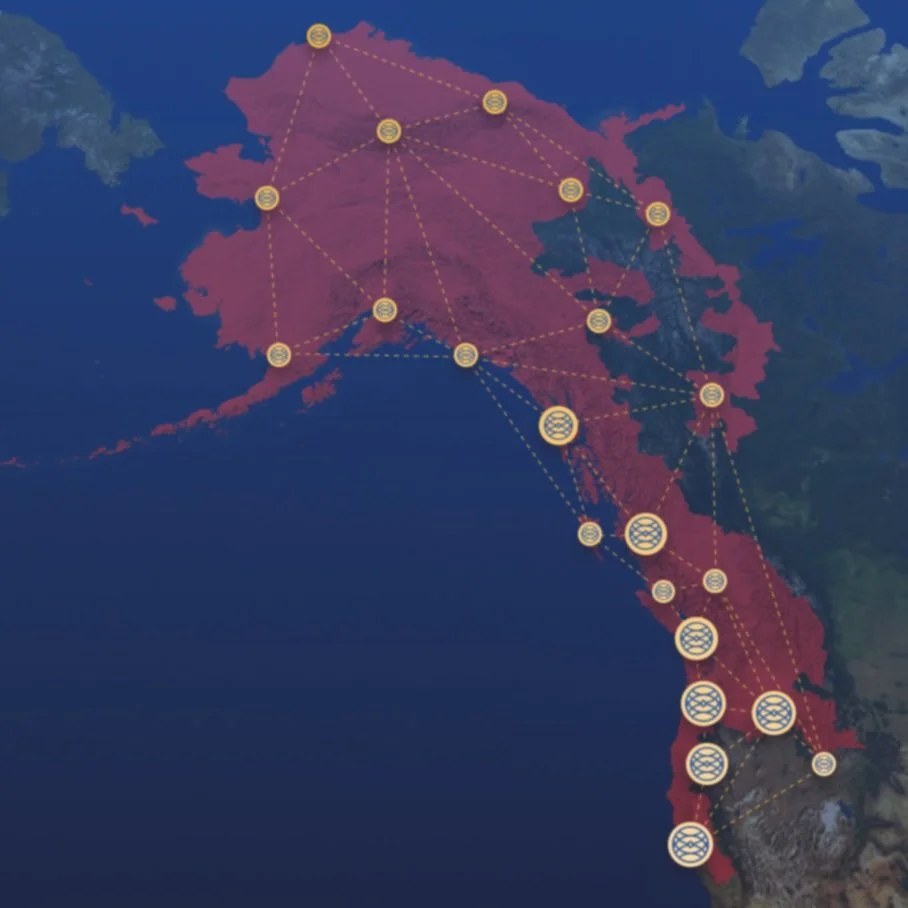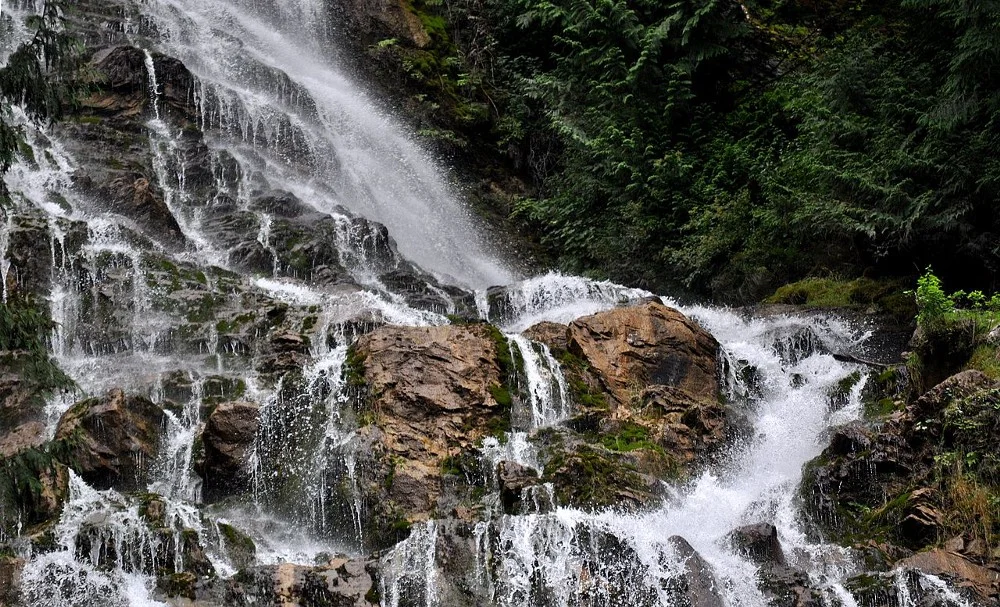Due to the breakdown of funding talks for the planting of a border wall along the southern border, the Cascadia Department of Bioregion is forced to declare a bioregional declaration of emergency - effective immediately. Talks have stalled after Cascadian local governments have failed to fund our request for $6 billion to plant a wall of more than 30 million trees, restore streams and rivers along Cascadia's southern stretches. This tree wall is critical, and must be planted immediately, and will only take 60-500 years to mature effectively.
Cascadia Solidarity with Carrizo/Comecrudo Earth Defenders as they protest US/Mexico Border Wall
British Columbia Will Fund Next Phase of Cascadia High Speed Rail
2019 CascadiaNW Festival : Performer, Art, Music & Workshops Submissions are Open
2019 Cascadia Convergence Performer & Workshop Submissions are Open!
Cascadia Convergence has announced their submissions for workshops, presentations and performers is now open! They are looking for Cascadians who want to be involved in making the event awesome. Do you have a musical or performance act, a workshop you want to give? Just want to volunteer or take on a leadership role? Let them know!
The History of the Salish Sea: Bert Webber discusses the Salish Sea in KNKX Feature
The Cascadia Department of Bioregion is excited to share this wonderful article, audio feature and Salish Sea series created by local Seattle radio station KNKX. The Salish Sea is a defining example of bioregionalism in action, and more people need to know the power of it’s creation, and of place making.
A Growing Cascadian Identity - British Columbians Identify more with Washingtonians than their Canadian Neighbors
A newly released study shows that British Columbians feel a stronger Cascadian affinity to the south than with their eastern Canadian counterparts. In total - 54 percent of British Columbians felt they had the most in common with Washington state, 18 percent picked California while just 15 per cent chose Alberta, 9% percent chose Ontaria, and less than 3% chose Manitoba, Saskatchewan or another Canadian area.
Vol 9, No 1 of The Cascadia Subduction Zone: A Literary Quarterly has been released!
A decade into the 21st century, the world of books, the world of the arts, the world of criticism have all been caught up in violent, unpredictable change. A large part of this change has been unleashed by a continual stream of technological innovations that impact our daily lives and even our personal as well as professional relationships. Technology is changing how we read and what we read, is challenging the very forms and genres in which we write, and is making criticism and reflection more valuable and necessary than it's ever been.
Cascadia the Free - Song & Chords by Little Bear and the Fostervillagers
Why I am Cascadian - by Andrew M. Tanner
The Cascadia Gateway: Largest Ever Fiber Optic Connection between Seattle & Vancouver beginsin March
Cascadia V Chagos Island, May 26 - Cascadia Football Team announces first international friendly
The Cascadia Football Federation is delighted to announce that they have arranged their first ever international friendly on the 26th May against the Chagos Islands. The game will take place in the U.K. at Beckenham Town FC who we would like to thank for their cooperation in creating this fixture.
Legislation Introduced for Cascadia High Speed Rail Authority
From the Archive: What is the Cascadia Project? 1994
From the Archive: Cascadia in 2092 - 1992 NYT Op Ed by Douglas Coupland
The Future is Cascadia: 2018 Building Regional Competitiveness Cross Border Workshop Report
Standing Rock Solidarity Network Resource Packet
While compiling notes for the creation of a Department of Bioregion Indigenous Solidarity Guide - we noticed that one of the primary tools - the Standing Rock Solidarity Resource Packet - is now offline, and that the mirror sites for most of it is now also offline. In an effort to preserve the lessons and wisdom learned from the Standing Rock Protests, we wanted to share our PDF’s for historical sake, but also in case they might be useful for future historians, students, activists and organizers.
Learning Coast Salish protocols, making acknowledgements meaningful, as defined by them:
Canadian Forces Illegally Enter Wet'suwet'en Country in Northern Cascadia
On January 7, 2019, at approximately 2:51pm, RCMP and military forcefully breached a peaceful checkpoint on unceded Wet’suwet’en territory. Indigenous people were ripped from their homes by militarized police. There were at least 12 confirmed arrests, including an elder, and Wet’suwet’en hereditary chiefs were blocked from their own territories.
The Cascading Cascades of Cascadia - where does the name Cascadia come from?
Cascadia — the evocative name of a region, an idea, a movement — wild and free, defined by the waters flowing from the continental crest through the headwaters of the Pacific. Cascadia is a bioregion, the place we call home, an identity, movement and positive vision for the future. But where did this name actually come from?


























